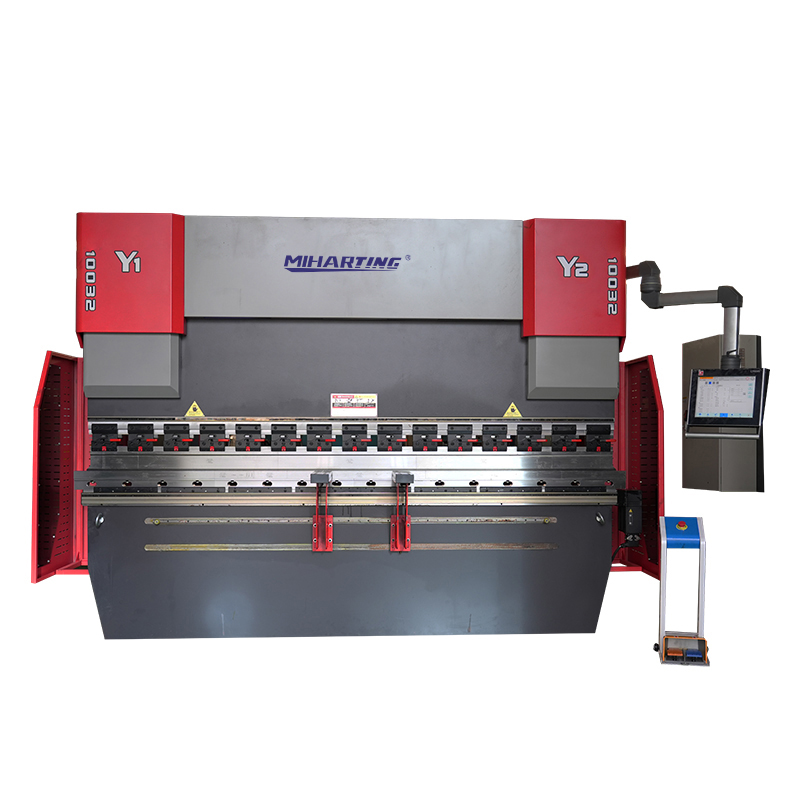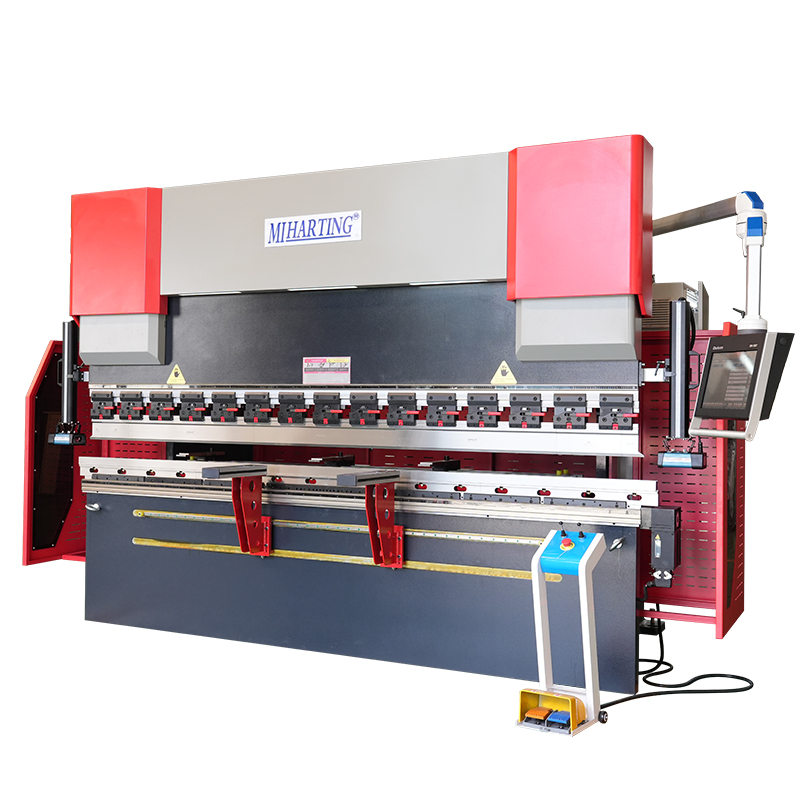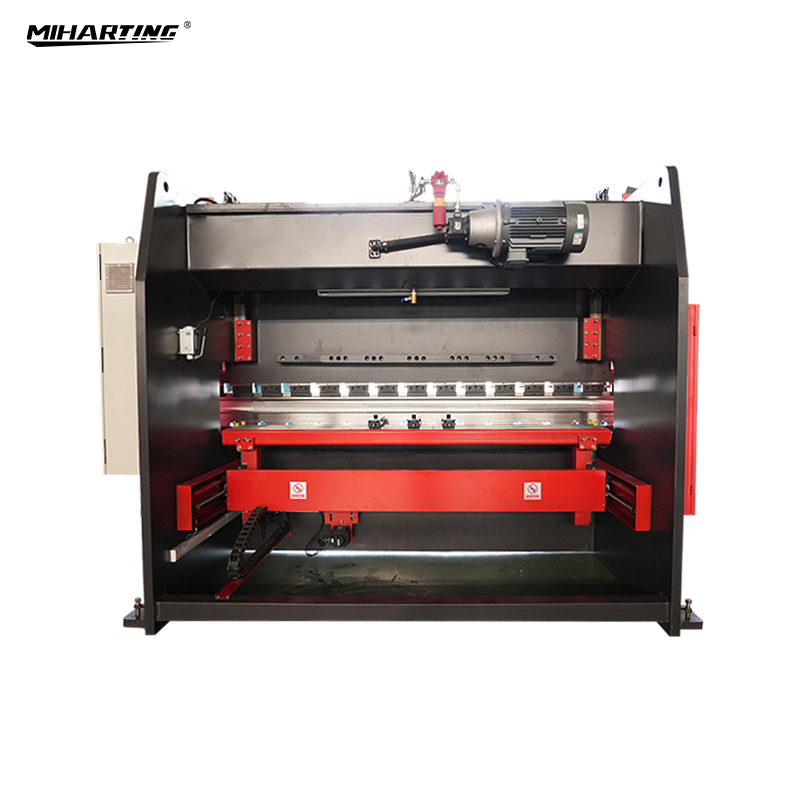CNC bending machines have found widespread applications across various industries and sectors, revolutionizing the way metal components and structures are fabricated. In this section, we will explore some key industries that benefit from CNC bending machines and highlight specific applications within those industries.
HVAC Industry:
The HVAC (Heating, Ventilation, and Air Conditioning) industry extensively utilizes CNC bending machines for manufacturing ductwork and other components. These machines enable precise bending of sheet metal into custom shapes and sizes required for duct systems. The ability to create complex bends and contours ensures optimal airflow and efficient HVAC systems.
Aerospace Industry:
In the aerospace industry, CNC bending machines play a vital role in producing structural components such as aircraft frames, brackets, and panels. The high precision and repeatable accuracy of these machines are crucial to meet strict quality standards and engineering specifications. CNC bending machines allow for the creation of lightweight yet strong components, contributing to the overall performance and safety of aircraft.
Electronics Industry:
CNC bending machines are also utilized in the electronics industry for the production of enclosures, chassis, and brackets. These machines can accurately bend and form sheet metal and other materials required for electronic devices, ensuring proper fit and protection. The versatility of CNC bending machines allows for the creation of intricate designs and shapes, meeting the aesthetic requirements of consumer electronics.

Automotive Industry:
In the automotive industry, CNC bending machines are used in the fabrication of various components, including exhaust systems, fuel lines, and chassis parts. These machines enable precise bending of tubes and profiles, ensuring proper fit and functionality. The automation provided by CNC bending machines allows for high-speed production, meeting the demands of the automotive industry.
Construction Industry:
CNC bending machines play a crucial role in the construction industry for fabricating structural steel components. These machines can accurately bend and shape steel beams, columns, and trusses, allowing for the creation of complex architectural designs and structures. CNC bending machines offer efficiency and precision, enabling the construction industry to meet strict timelines while maintaining structural integrity.
The competitive advantage gained by utilizing CNC bending machines is significant. These machines provide manufacturers with the ability to produce high-quality, precision-engineered components at a faster pace and with reduced human error. The automation and repeatability offered by CNC bending machines increase productivity, allowing manufacturers to handle larger volumes of orders and meet customer demands promptly. Additionally, the versatility and flexibility of these machines enable manufacturers to cater to diverse industries, expanding their market reach and positioning themselves as reliable suppliers.
In conclusion, CNC bending machines have become indispensable tools in various industries. From HVAC and aerospace to electronics and automotive, these machines offer precise, efficient, and versatile solutions for metal fabrication. By leveraging the advantages of CNC bending machines, manufacturers gain a competitive edge, delivering high-quality products while meeting tight deadlines and evolving customer demands.






